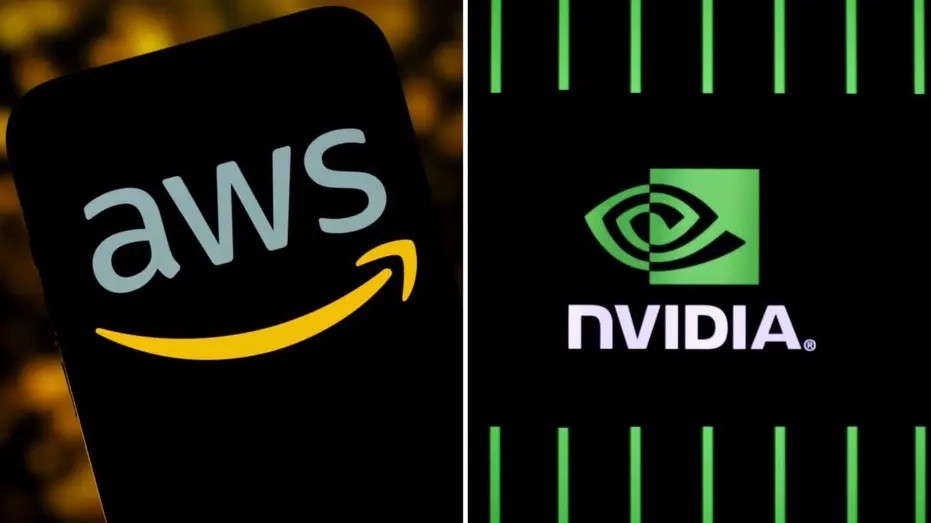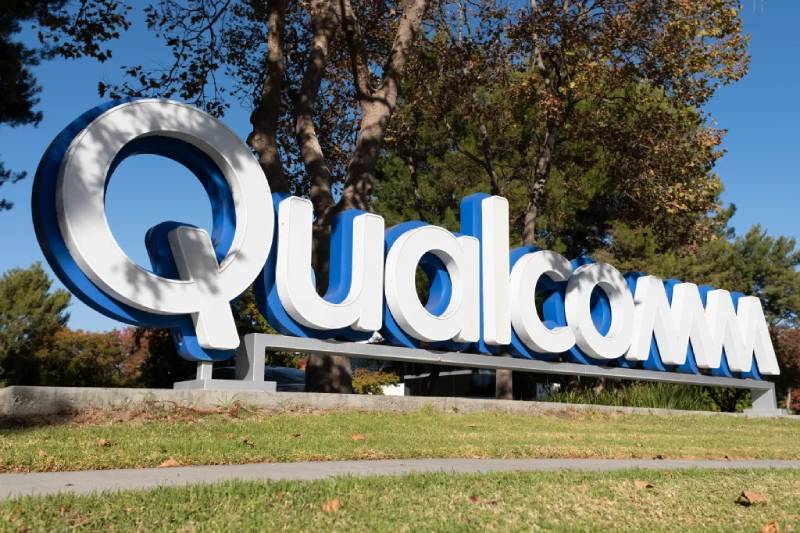Technology
AWS and Nvidia Collaborate on AI Advancement Infrastructure

Technology
Apple Intelligence may face competition from a new Qualcomm processor
Technology
iPhone 16 Pro Users Report Screen Responsiveness Issues, Hope for Software Fix
Technology
Sony has Revealed the PlayStation 5, PS5 Pro, and a Limited Edition PSOne-Style Device
-

 Business4 weeks ago
Business4 weeks agoMastercard Wants to Acquire a Swedish Firm that Simplifies the Management and Cancellation of Subscription Agreements
-

 Business1 week ago
Business1 week agoRony Abovitz launched SynthBee, an AI business that has secured $20 million in venture funding
-

 Science1 week ago
Science1 week agoAlien Life may be Hiding Beneath the Shield of Ice on Mars, According to a Study
-

 Business1 week ago
Business1 week agoMicrosoft and OpenAI are at odds about the tech behemoth’s ownership of the business
-

 Science1 week ago
Science1 week ago20 Starlink internet satellites are launched by SpaceX from Florida
-

 Sports1 week ago
Sports1 week agoTuten Leads the Hokies with 4 Touchdowns and 266 Running Yards in a Blowout Victory
-

 Business6 days ago
Business6 days agoStartup Talks of a $9 billion valuation are confusing AI search
-

 Technology5 days ago
Technology5 days agoApple Intelligence may face competition from a new Qualcomm processor













